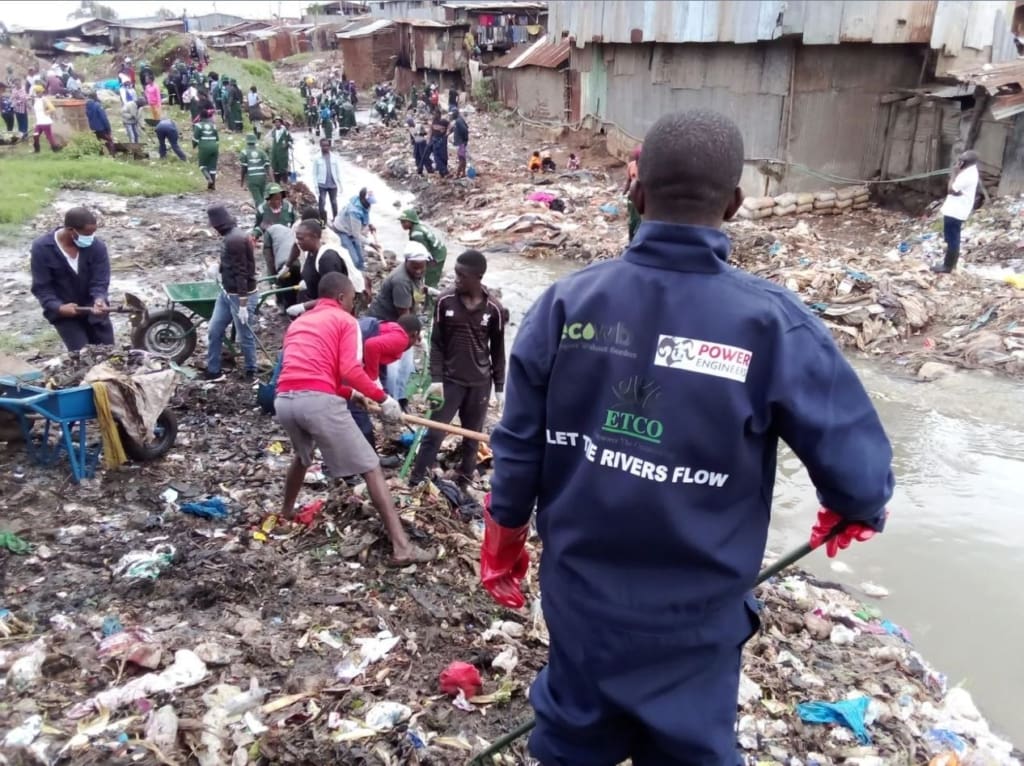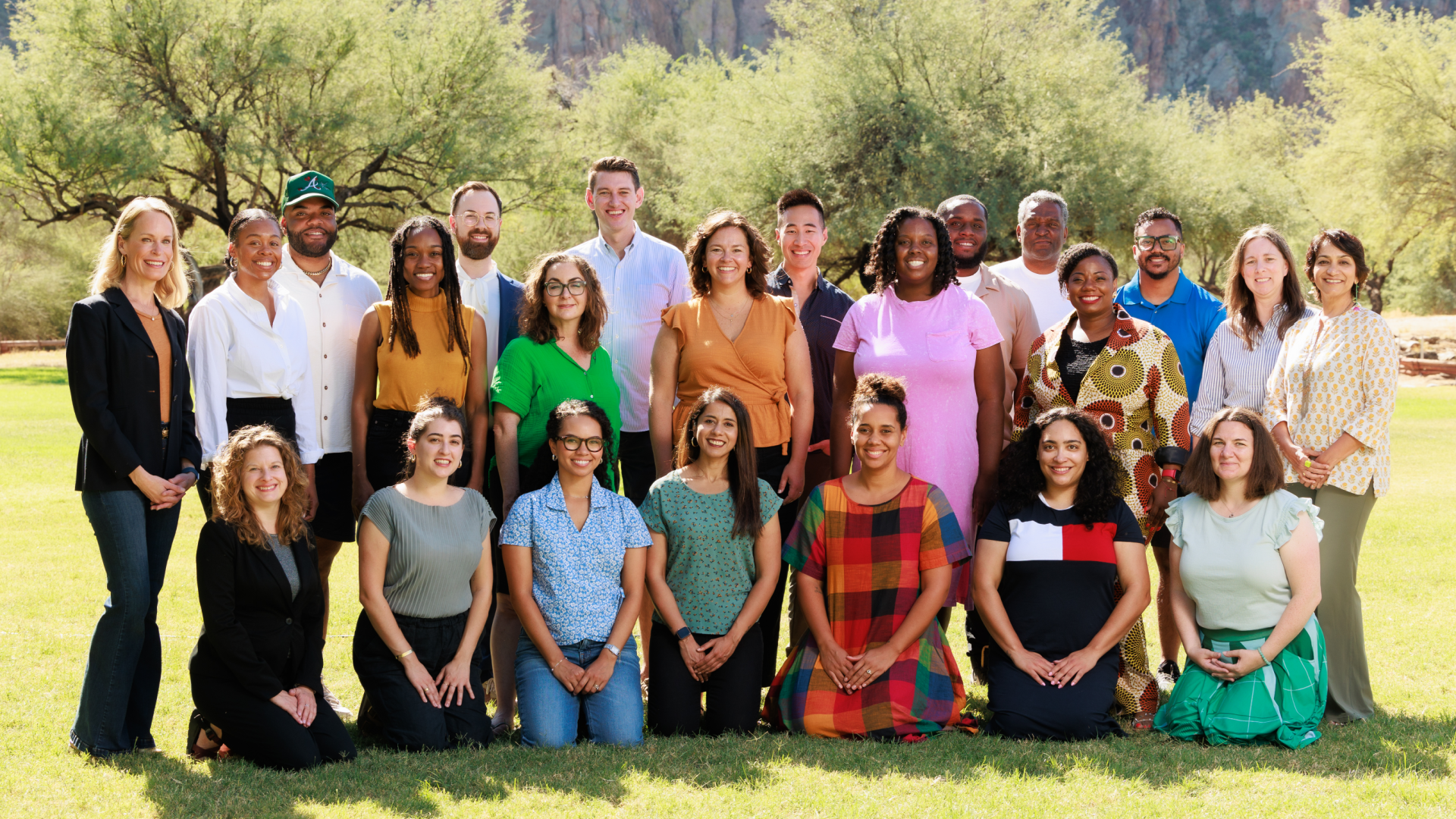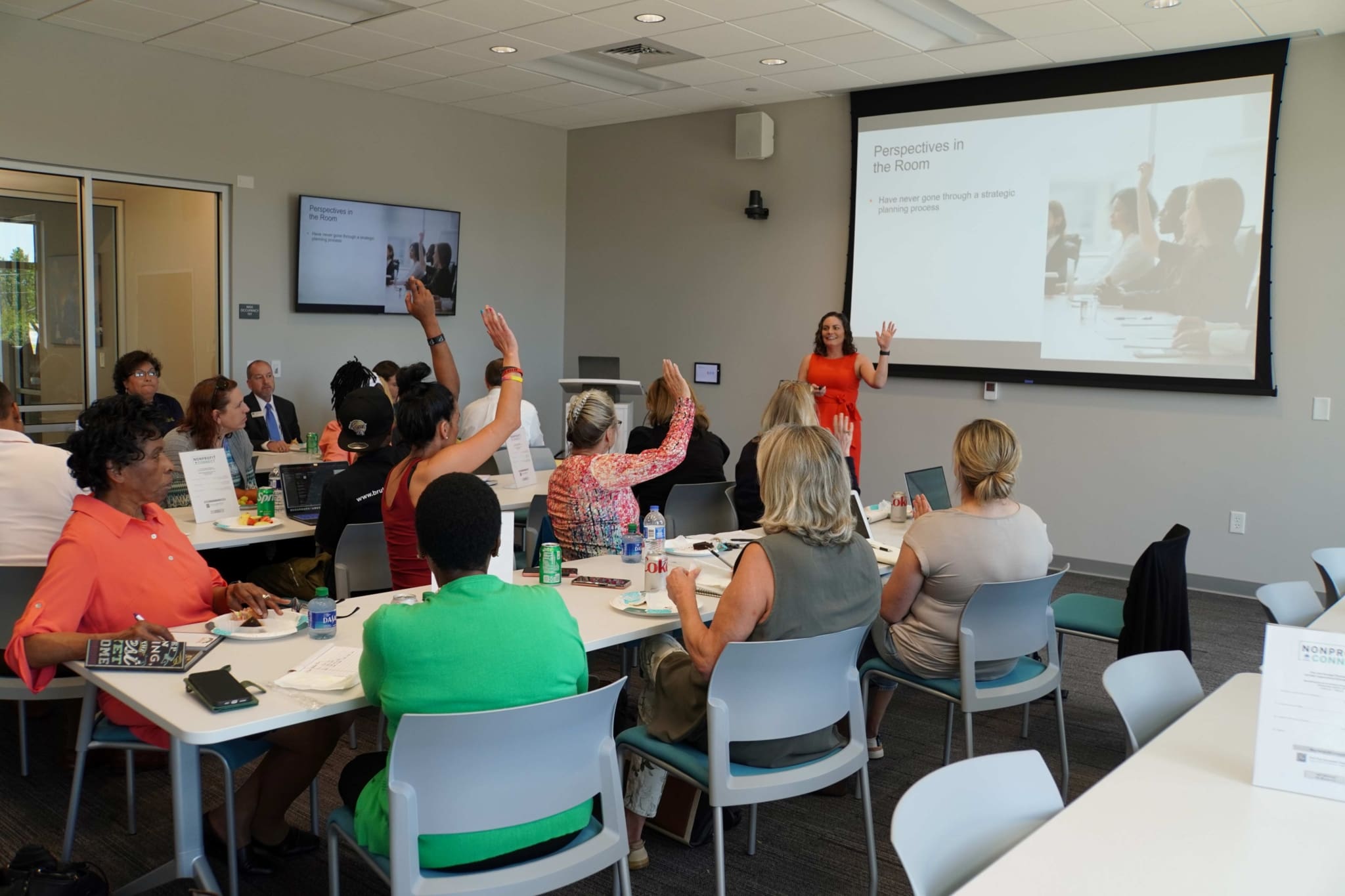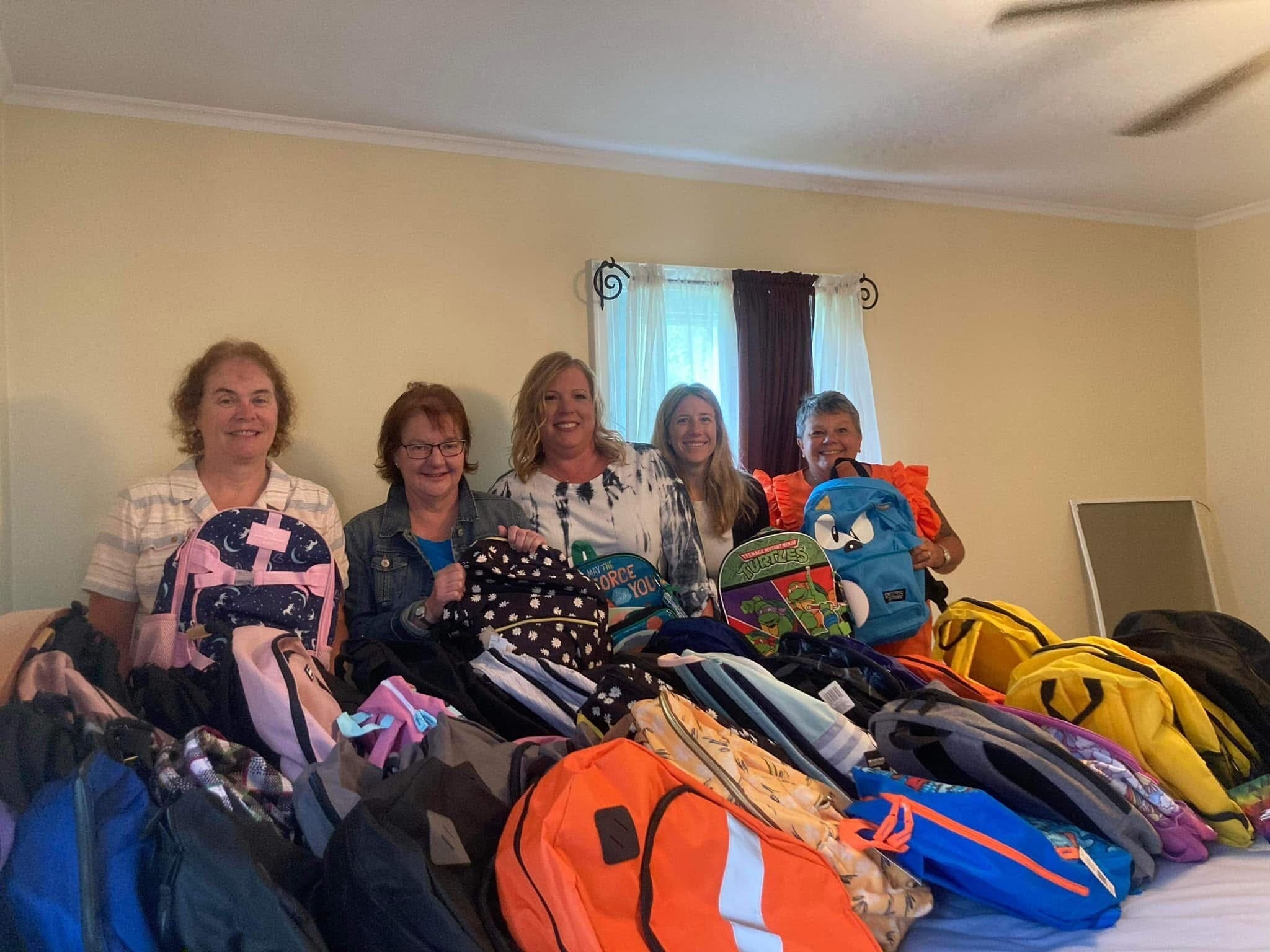Climate change and environmental crises threaten the world’s ecosystems and put humans as well as native plants and animals at risk. And unsurprisingly, these crises most profoundly impact underserved communities already struggling with poverty, food insecurity, and limited resources.
Ecologists Without Borders (EcoWB), a new Independent Sector member, is a volunteer-driven, service-oriented organization working to restore and conserve ecosystems and improve relationships between humans and nature. Executive Director Danielle Reich explains why lasting solutions to environmental threats are best achieved through community-based approaches and partnering with local stakeholders.
Tell us more about the organization and how volunteers help environmentally vulnerable communities protect and restore their local ecosystems?
EcoWB was founded in 2011 by three fisheries biologists who recognized that many communities confronting environmental challenges lacked access to the expertise needed to address them — expertise that existed, but was often inaccessible due to geography, cost, or institutional barriers. EcoWB bridges that gap by connecting global specialists with local communities. We operate not as outside experts, but as project partners. Our network of volunteers works side by side with communities and in-country partners to co-create practical, science-based solutions grounded in local knowledge. Our flexible approach is free from the geographic or thematic restrictions that can slow larger organizations and allows us to respond quickly and cost-effectively to any community that calls on us.
How are you able to encourage so many volunteers to become a part of your environmental global movement?
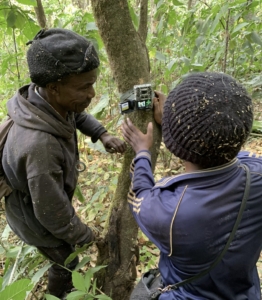
We began as a small circle of ecologists seeking practical ways to help with global environmental issues. As our early projects delivered results, colleagues told colleagues, and the network grew — both in numbers and in the variety of disciplines represented. Most of our volunteers work remotely, so people can join from anywhere in the world and fit their contributions around busy schedules.
We make room for everyone, including retirees, students, and highly experienced professionals. It’s clear to a growing number of people that our planet is in crisis, and our flexible, global model offers something for everyone who cares about the environment and is motivated to help.
What led you to go into the environmental field, and what inspires you most as head of your organization?
I grew up immersed in nature — exploring the woods, foraging, fishing, etc. — and was always drawn to the natural sciences. My academic background is in marine fisheries, a field that attracted me due to its natural intersection between people and the environment. Early in my career, I worked in the field in rural and remote international settings and saw firsthand how systemic inequities affect access to resources and opportunities. I am most inspired by the communities we work with — they are driven, resourceful, and resilient in the face of daunting environmental challenges. I am also inspired by our incredible volunteers, who generously give their time and energy to help solve problems that are bigger than any of us.
What concerns you as the charitable sector grapples with challenging times?
Finding funding is harder than ever. Cuts in international development aid mean more nonprofits are reaching out to the same small pool of funders, so competition is fierce. That pushes us to not only ramp-up our fundraising output, but to work even harder to make sure every project is sharply defined, outcomes-focused, and evidence-rich so funders can see clear value for their investment. The reality is that this takes extra time and energy for nonprofits to prove their worth. The upside at EcoWB is that this results in our work getting stronger — clearer goals, tighter budgets, better monitoring, and transparent reporting. That discipline helps communities now and builds funder confidence for the long term.
What’s one thing about your organization that people would find surprising?
People are often surprised by how much an all-volunteer team can achieve. For our first 12 years, EcoWB ran entirely on passion power with thousands of volunteer hours and almost no budget — learning and refining as we went. Even so, we were able to deliver tangible support to communities facing environmental challenges and proved the model works. That foundation of passion is what drives us forward every day.
How will joining Independent Sector help you better achieve your mission and goals?
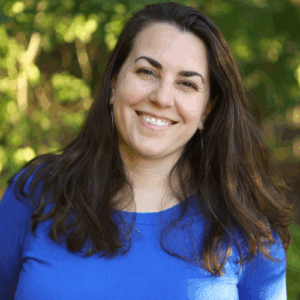
Danielle Reich, executive director, Ecologists Without Borders
We hope that joining Independent Sector will help us expand our network beyond our usual circles, opening doors to mentors, collaborators, potential funders, and other new relationships. We’re looking for a peer community where we can trade practical ideas, such as what’s working in fundraising right now, how others structure volunteer programs, which evaluation tools are most effective, and lessons learned from community-led conservation.
Learn about other Independent Sector members and becoming a member.
